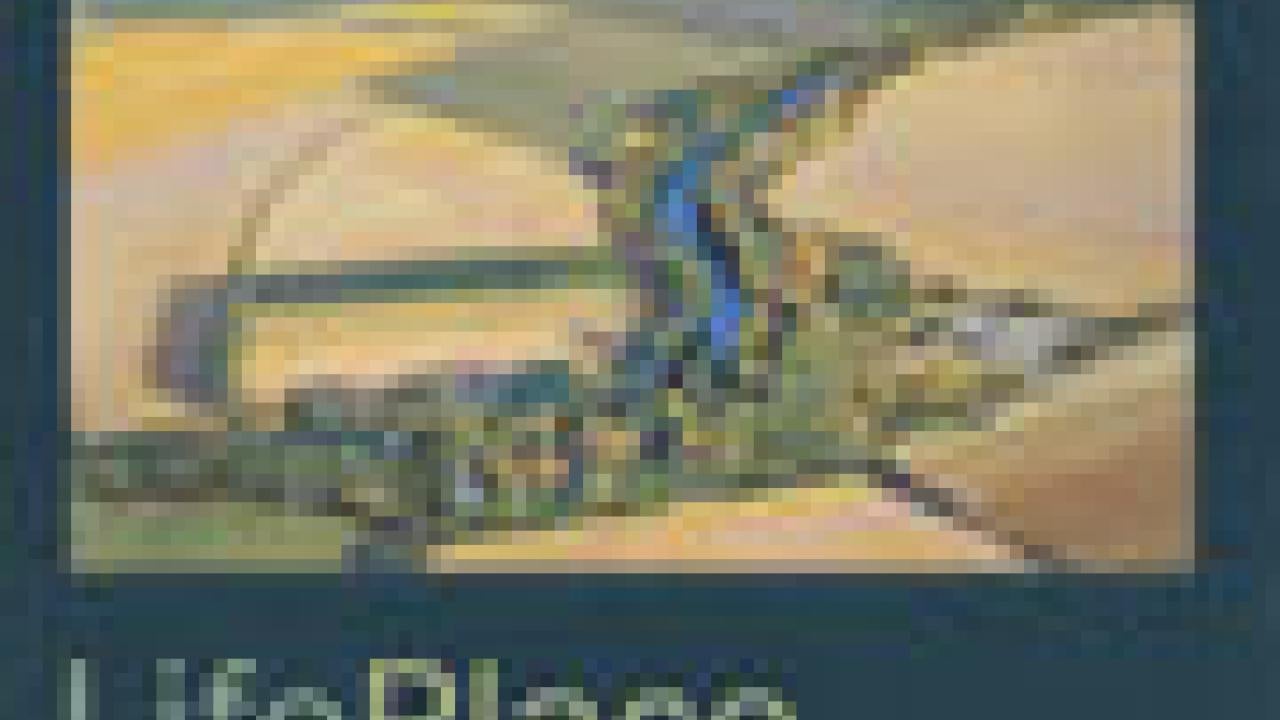In a new book, "LifePlace," UC Davis professor emeritus Robert Thayer explains the concepts and promises of the growing bioregional movement as he urges us to discover "where we are" as an antidote to rootless, stressful modern lives.
"LifePlace" is a provocative meditation on bioregionalism -- what it means to live, work, eat and play in relation to naturally, rather than politically, defined areas. In it, Thayer gives a richly textured portrait of his own bioregion (and that of UC Davis), the Putah-Cache watershed in California's Sacramento Valley.
Thayer shares what he has learned over the course of 30 years about the Sacramento Valley's geography, minerals, flora and fauna; its relation to fire, agriculture and water; and its indigenous peoples, farmers and artists. He shows how the spirit of bioregionalism springs from learning the history of a place and participating in its local economy, even to living in housing designed in the context of the region.
Thayer is professor emeritus in the UC Davis Department of Environmental Design. He is also the author of "Gray World, Green Heart: Technology, Nature and the Sustainable Landscape" (1994).
A book signing and reception will be held at 4 p.m. on May 14 under the big oak tree west of Walker Hall.
Media Resources
Robert Thayer, Environmental Design, (530) 752-3393, rlthayer@ucdavis.edu
